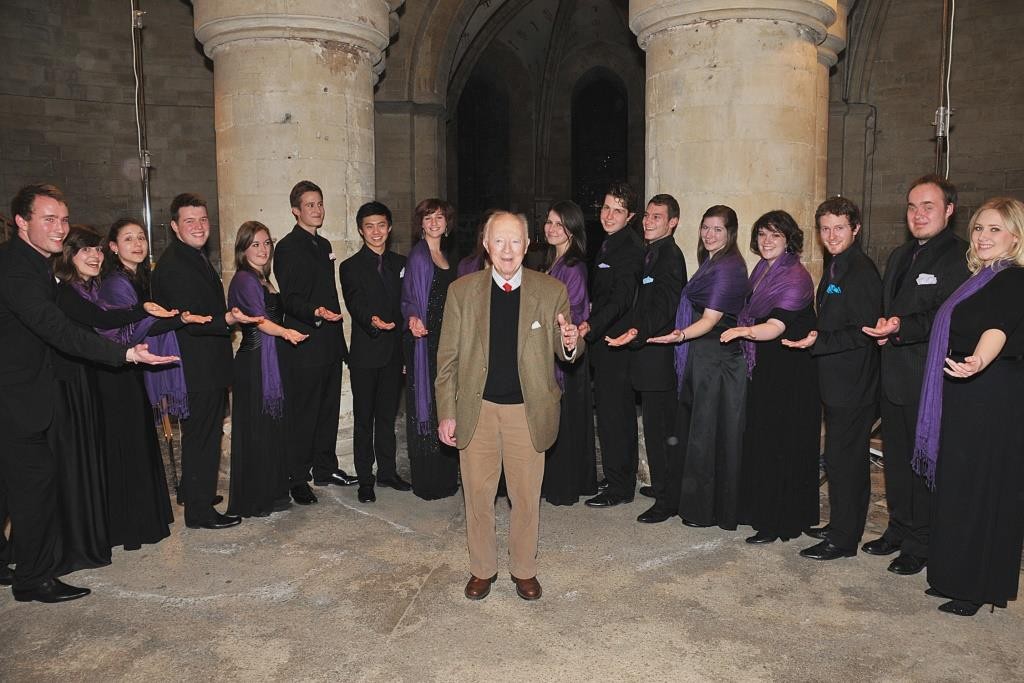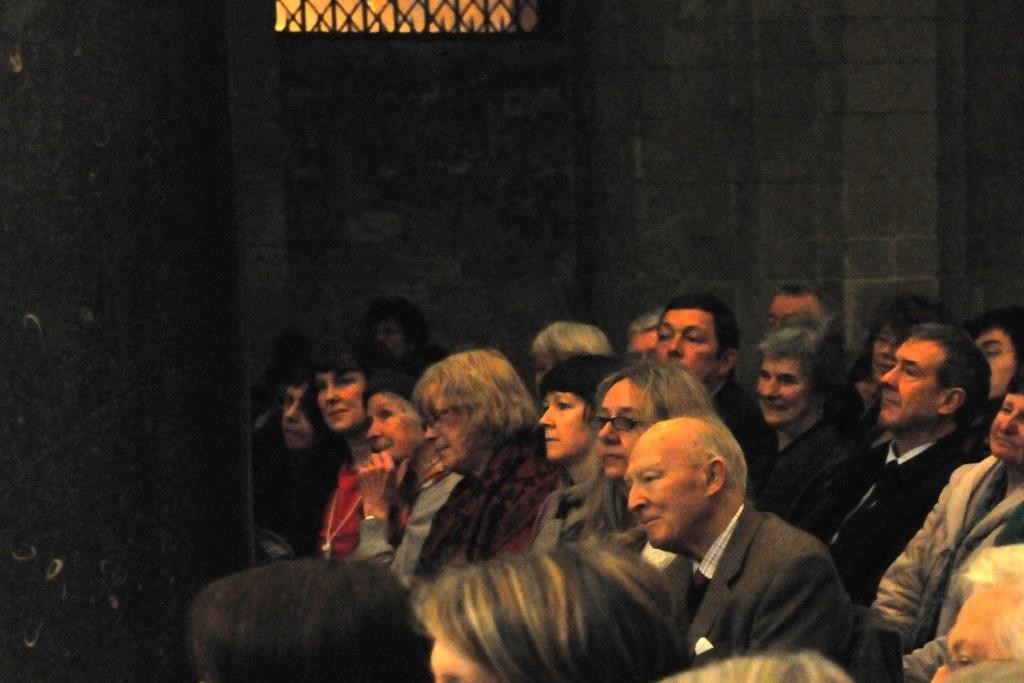Continuing the series profiling some of the University Music Scholars. This week, first-year flautist reading History, Natanya Freedman.
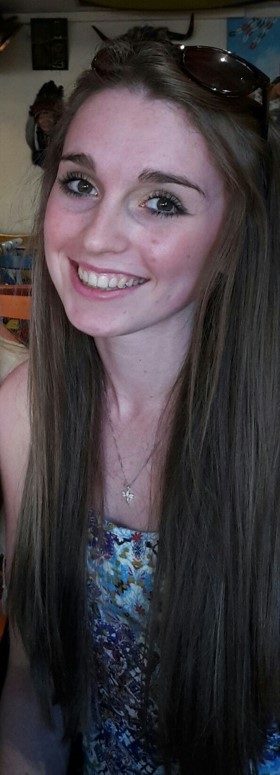 I have been very lucky in terms of my musical experiences before I arrived at the University of Kent. I have been playing the flute now for 12 years and during these years I have been playing in many ensembles, bands and orchestras at both my Secondary School, Bullers Wood School for Girls and my music school The Bromley Youth Music Trust (BYMT). BYMT played a significant role in my life before leaving for University. Once I had started secondary school I played in the wind bands on a Saturday morning, starting in Training Band and working my way up to Symphonic Winds and the Concert Orchestra playing both the flute and piccolo. Prior to this I had played in the Junior Band when I first started playing the flute. Playing in these wind bands gave me wonderful opportunities such as playing at the Fairfield Halls in the Bromley Schools Proms. In my final year at BYMT I played with the touring Youth Band (Bromley Youth Concert Band), and we toured to the South of Spain playing 6 concerts, two of which were a part of the Granada Music Festival. As well as the Wind Bands and Orchestras, I was lucky enough to play with the award winning group ‘40 Flutes’. As a part of Music for Youth, we played at the Royal Albert Hall, twice, which were extremely memorable and rewarding experiences.
I have been very lucky in terms of my musical experiences before I arrived at the University of Kent. I have been playing the flute now for 12 years and during these years I have been playing in many ensembles, bands and orchestras at both my Secondary School, Bullers Wood School for Girls and my music school The Bromley Youth Music Trust (BYMT). BYMT played a significant role in my life before leaving for University. Once I had started secondary school I played in the wind bands on a Saturday morning, starting in Training Band and working my way up to Symphonic Winds and the Concert Orchestra playing both the flute and piccolo. Prior to this I had played in the Junior Band when I first started playing the flute. Playing in these wind bands gave me wonderful opportunities such as playing at the Fairfield Halls in the Bromley Schools Proms. In my final year at BYMT I played with the touring Youth Band (Bromley Youth Concert Band), and we toured to the South of Spain playing 6 concerts, two of which were a part of the Granada Music Festival. As well as the Wind Bands and Orchestras, I was lucky enough to play with the award winning group ‘40 Flutes’. As a part of Music for Youth, we played at the Royal Albert Hall, twice, which were extremely memorable and rewarding experiences.
Since arriving at the University of Kent I have thrown myself into all the possible musical opportunities, playing in the Flute Choir, Concert Band and Orchestra. My experiences so far have been incredible and I am thoroughly looking forward to what is to come this term!
The musical opportunities at Kent are, in my opinion, invaluable. Even being at the University for one term has allowed me to progress massively. The range of groups, events and types of music played allow for players of all abilities and are an amazing way of meeting new people and forming groups of friends across all years that are separate to those in your accommodation or course.
See more in the series here.


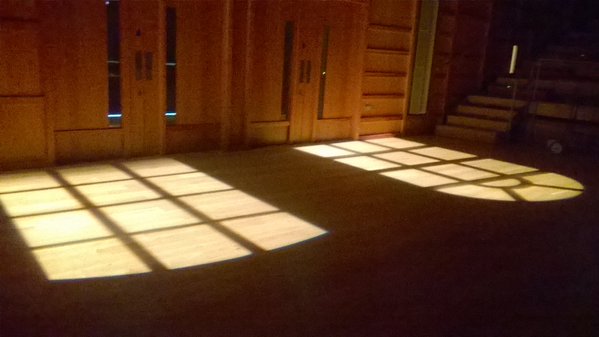
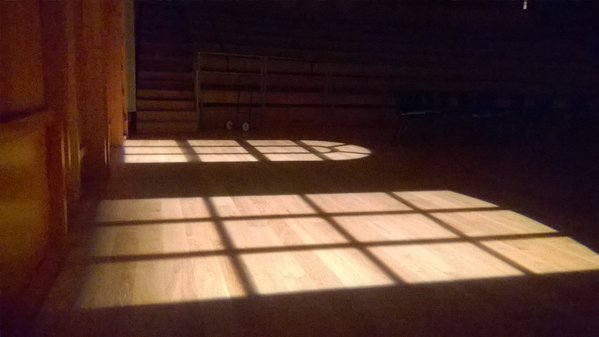
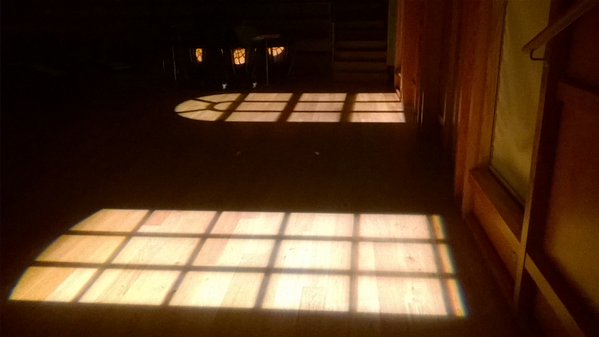
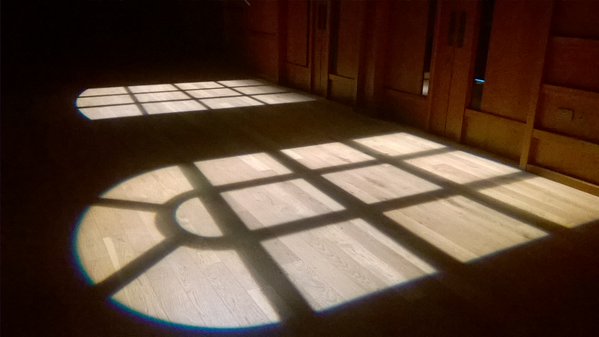
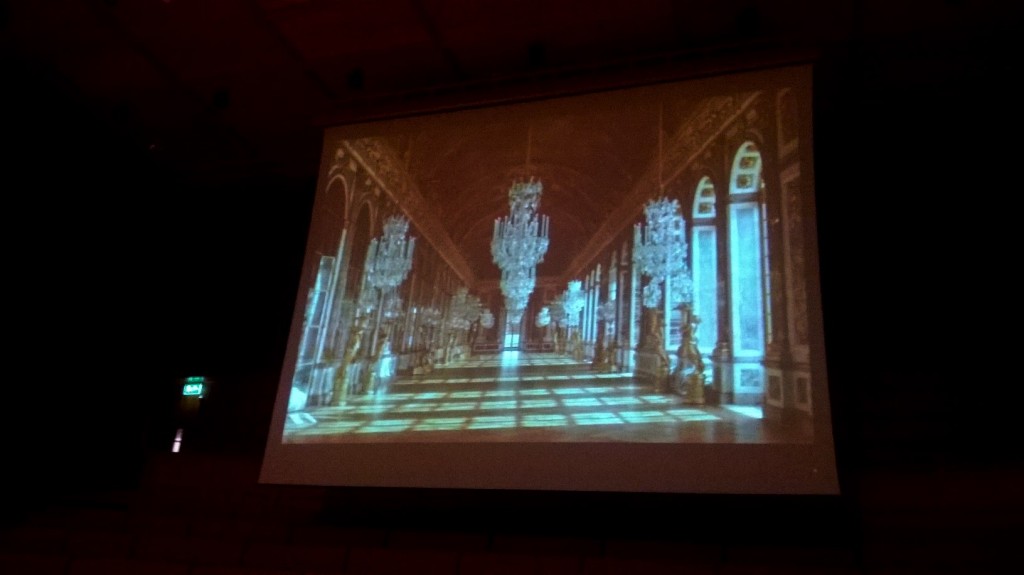 Now all I have to do is persuade all the instrumentalists and singers to don period costume…
Now all I have to do is persuade all the instrumentalists and singers to don period costume…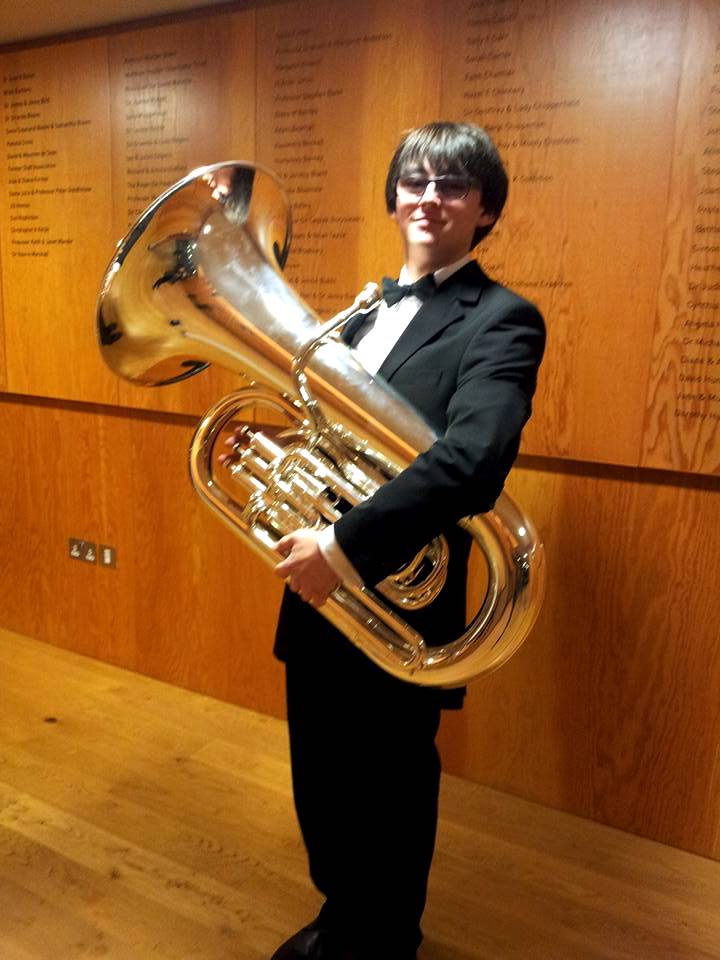 I have also been a member of the Royal Navy Volunteer Band in HMS Drake situated in Plymouth for three years, which holds many concerts throughout the year. I was the soloist playing bass in the Ballroom for Volunteer Band in their annual competition against the other Military Volunteer bands across the country. The band was awarded runner-up for that year. The volunteer band also trains for marching and I have learnt many marching routines throughout the time I have been there.
I have also been a member of the Royal Navy Volunteer Band in HMS Drake situated in Plymouth for three years, which holds many concerts throughout the year. I was the soloist playing bass in the Ballroom for Volunteer Band in their annual competition against the other Military Volunteer bands across the country. The band was awarded runner-up for that year. The volunteer band also trains for marching and I have learnt many marching routines throughout the time I have been there.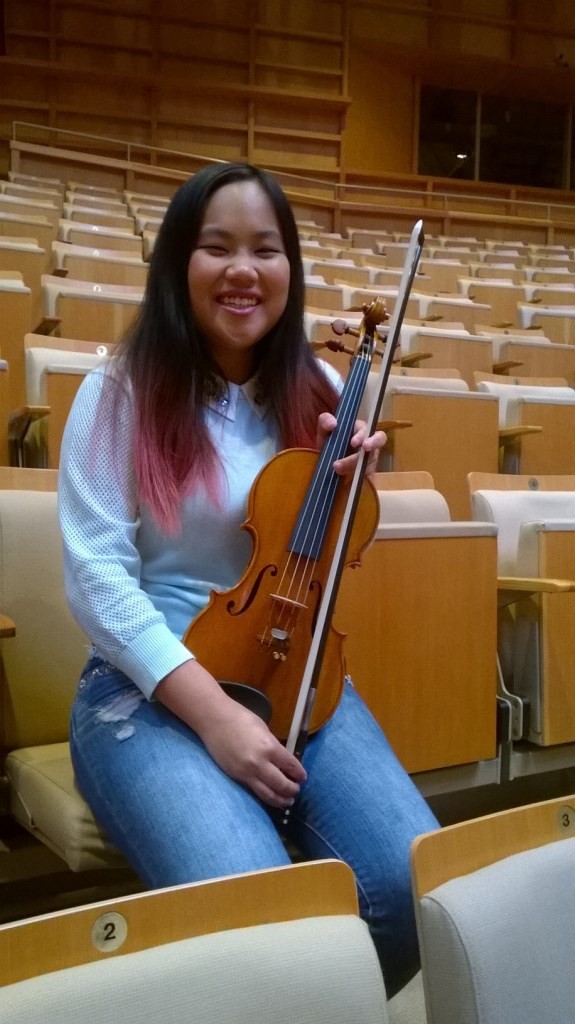 Where do you come from?
Where do you come from?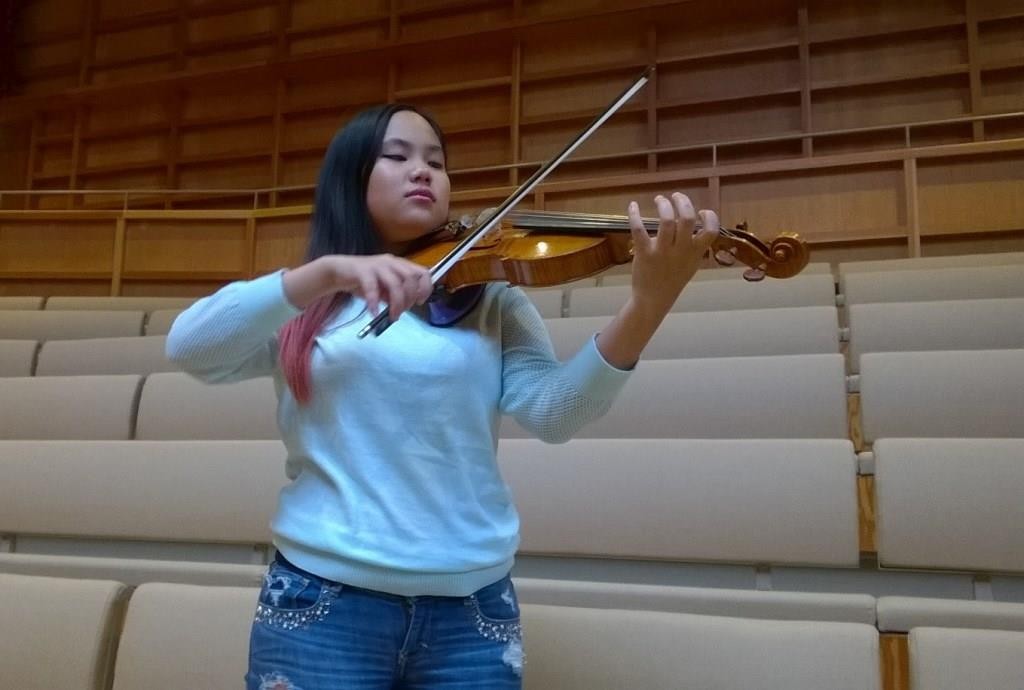 What music-making are you involved in?
What music-making are you involved in?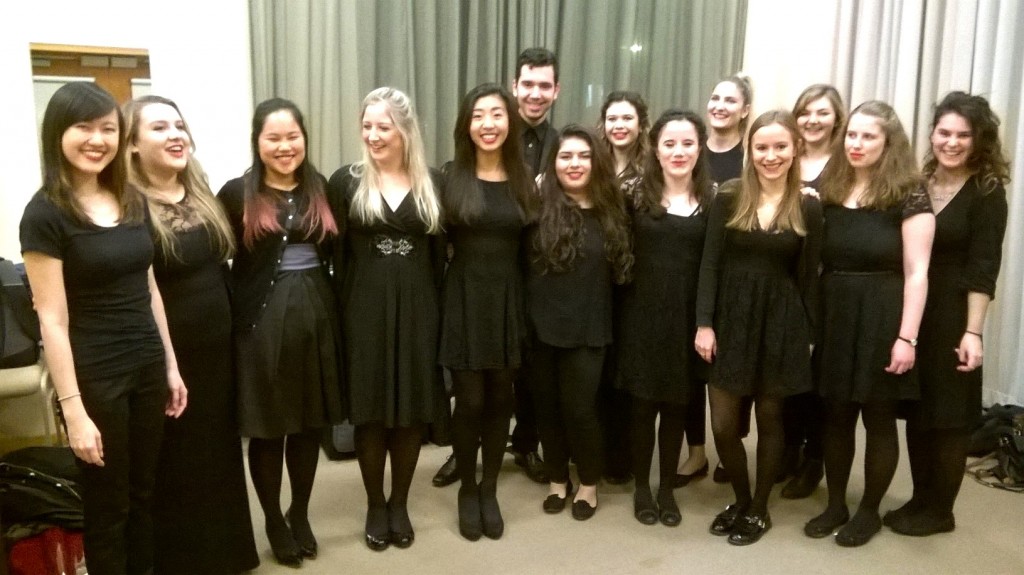
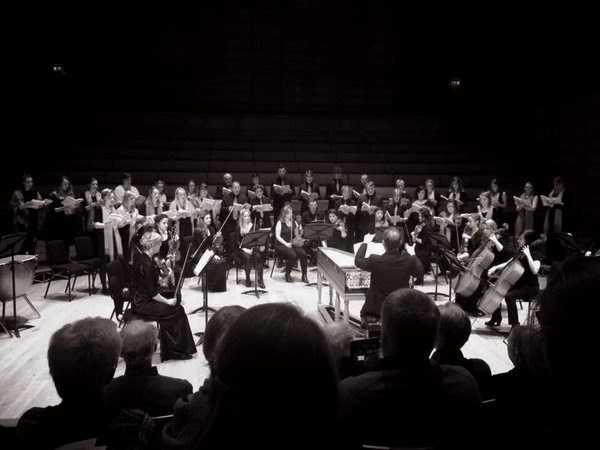
 Our annual visits to Canterbury Cathedral sees Minerva Voices in the Crypt next month in Vivaldi’s Gloria, whilst the Chorus and Orchestra come together in Beethoven’s Mass in C and the Symphonie fantastique by Berlioz in March. The first of two concerts from the Cecilian Choir and Sinfonia will recreate the era of Louis XIV in a lunchtime concert celebrating the music of Lully in February, and at the end of March they bring two dramatic choral works by Vivaldi to St Peter’s Methodist Church in Canterbury. You’re also invited to leap aboard the Musical Express! with the Concert and Big Bands later in March, with a steam-driven programme including music by Benny Goodman, Duke Ellington and Philip Sparke.
Our annual visits to Canterbury Cathedral sees Minerva Voices in the Crypt next month in Vivaldi’s Gloria, whilst the Chorus and Orchestra come together in Beethoven’s Mass in C and the Symphonie fantastique by Berlioz in March. The first of two concerts from the Cecilian Choir and Sinfonia will recreate the era of Louis XIV in a lunchtime concert celebrating the music of Lully in February, and at the end of March they bring two dramatic choral works by Vivaldi to St Peter’s Methodist Church in Canterbury. You’re also invited to leap aboard the Musical Express! with the Concert and Big Bands later in March, with a steam-driven programme including music by Benny Goodman, Duke Ellington and Philip Sparke.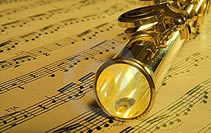 The Lunchtime Concert series continues, with music from Total Brass and the Native Oyster Band, and our resident ensemble, CantiaQuorum, brings Wynton Marsalis’ Fiddler’s Tale to the concert-hall on 19 February – the American theme continues in April with a concert by the Chorus and Orchestra including Gershwin’s popular Rhapsody in Blue with pianist Helen Crayford. And the #EarBox series exploring links between music and visual art returns to Studio 3 Gallery in two events – choral music from Minerva Voices and a concert by the Flute Choir. The Music Theatre Society takes the stage with some furry friends in a combination of puppetry and show-tunes, and there’s even some musical wizardry as part of ‘A Wonderful Week of Words’ in an informal lunchtime concert featuring music from Harry Potter and other magical pieces. There’s also a brief look ahead to come of the events taking place as part of Summer Music Week in June.
The Lunchtime Concert series continues, with music from Total Brass and the Native Oyster Band, and our resident ensemble, CantiaQuorum, brings Wynton Marsalis’ Fiddler’s Tale to the concert-hall on 19 February – the American theme continues in April with a concert by the Chorus and Orchestra including Gershwin’s popular Rhapsody in Blue with pianist Helen Crayford. And the #EarBox series exploring links between music and visual art returns to Studio 3 Gallery in two events – choral music from Minerva Voices and a concert by the Flute Choir. The Music Theatre Society takes the stage with some furry friends in a combination of puppetry and show-tunes, and there’s even some musical wizardry as part of ‘A Wonderful Week of Words’ in an informal lunchtime concert featuring music from Harry Potter and other magical pieces. There’s also a brief look ahead to come of the events taking place as part of Summer Music Week in June.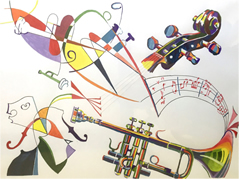 We’re also pleased to welcome many external concerts and events to Colyer-Fergusson over the coming months, including pianists Malcom Binns and Imogen Cooper, the Aurora Orchestra, and many local ensembles; see all that’s to come in our online calendar
We’re also pleased to welcome many external concerts and events to Colyer-Fergusson over the coming months, including pianists Malcom Binns and Imogen Cooper, the Aurora Orchestra, and many local ensembles; see all that’s to come in our online calendar 

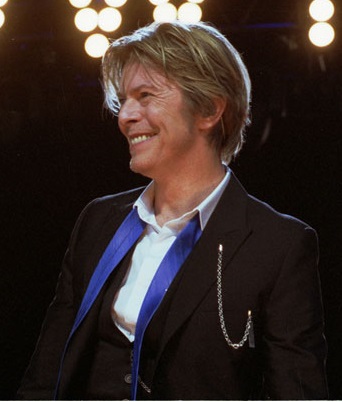
 A true Everyman; in his different stage creations, his flamboyant outfits and swaggering musicianship, he spoke to you in a way that made you feel his music was addressing you, and you alone, that showed you that being different was something good, some thing of to be proud. The poet John Siddique put his finger on it earlier, writing on Twitter ‘Thank you for helping make room in this world for the strange arty kids.’
A true Everyman; in his different stage creations, his flamboyant outfits and swaggering musicianship, he spoke to you in a way that made you feel his music was addressing you, and you alone, that showed you that being different was something good, some thing of to be proud. The poet John Siddique put his finger on it earlier, writing on Twitter ‘Thank you for helping make room in this world for the strange arty kids.’